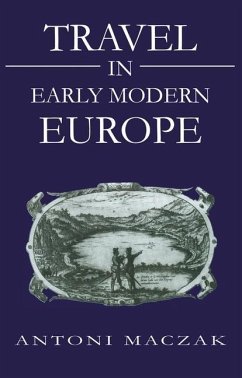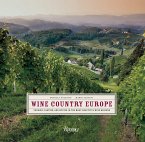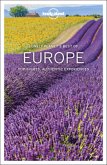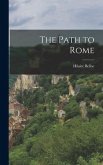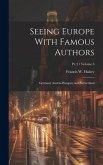Most of us today know little about the conditions under which people travelled in early modern Europe. Travellers' accounts from the period generally omit detailed descriptions of the state of roads, the discomfort of a carriage or a coach, or the harshness of a landscape, even though these formed the everyday reality of travel for most people. In this wide-ranging book, Maczak sets out to fill this gap in our knowledge by vividly reconstructing the lives and daily experiences of travellers in the sixteenth and seventeenth centuries. He analyzes the reasons why they travelled, what they hoped to gain from it, and how they were changed by the experience. He discusses the practical problems encountered by travellers: difficulties with transportation, the danger of accidents, and the problem of finding suitable conveyances and guides. He describes the dangers presented by inhospitable weather and terrain, wild animals, marauding soldiers, bandits and highwaymen. He analyses travellers' lodges and food, the relationships they formed on their journeys, and their encounters with foreign bureaucracies, customs and border controls. Maczak paints colourful portraits of a wide variety of travellers, from the splendid entourages of bishops and ambassadors, to the lone pilgrims, artists and scholars travelling for their own pleasure and enlightenment.
Hinweis: Dieser Artikel kann nur an eine deutsche Lieferadresse ausgeliefert werden.
Hinweis: Dieser Artikel kann nur an eine deutsche Lieferadresse ausgeliefert werden.

